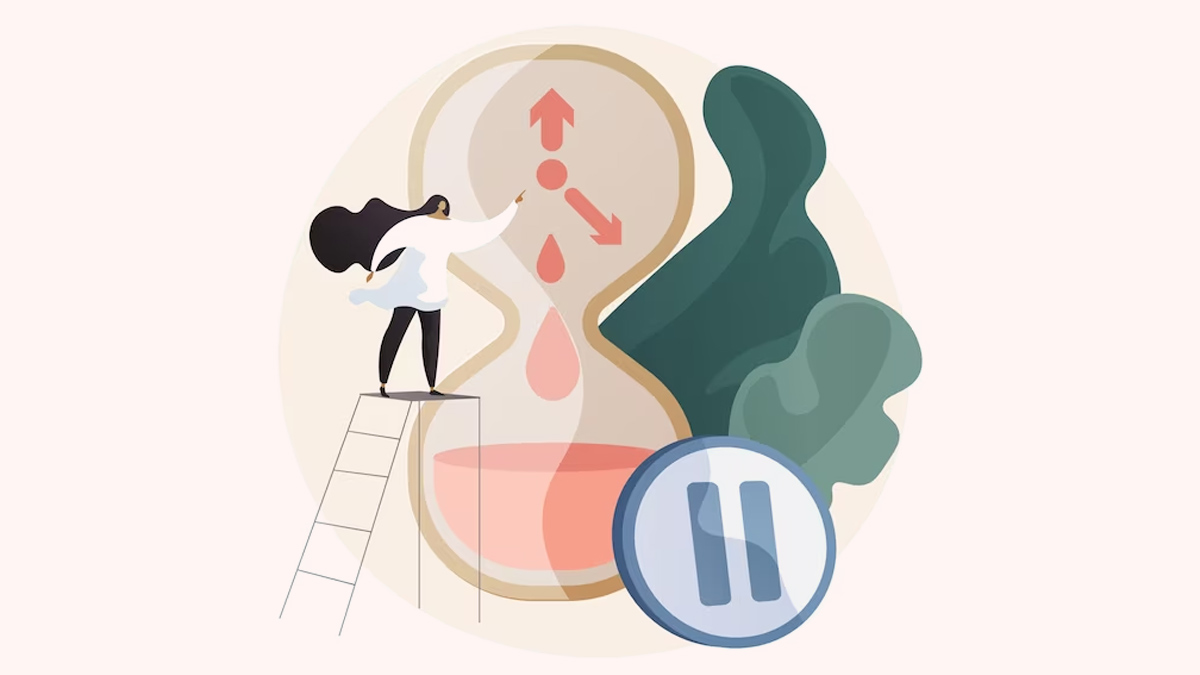
Menopause is a natural biological process that marks the end of a woman's reproductive years. It is defined as the cessation of menstruation for 12 consecutive months, and it typically occurs between the ages of 45 and 55. While menopause itself is not a disorder, it can lead to a range of physical and emotional changes in women.
Table of Content:-
Health Disorders To Watch For After Menopause
After menopause, women may be at increased risk for certain disorders. In this article, we will explore some of the disorders to watch for after menopause and discuss the steps that women can take to maintain their health and well-being.
1. Osteoporosis
Osteoporosis is a condition that causes bones to become weak and brittle, increasing the risk of fractures. After menopause, women may experience accelerated bone loss due to the decline in oestrogen levels. According to the National Osteoporosis Foundation, one in two women over the age of 50 will experience a fracture related to osteoporosis in their lifetime.
To prevent osteoporosis, women can take steps such as consuming a calcium-rich diet, engaging in weight-bearing exercises, and taking calcium and vitamin D supplements if recommended by a healthcare provider. Women can also undergo bone density testing to assess their risk for osteoporosis and to monitor their bone health over time.

Also read: Menstrual Cups: Comprehensive Guide On Use, Benefits, Myths & More, Expert Weighs In
2. Cardiovascular Disease
Cardiovascular disease refers to a group of conditions that affect the heart and blood vessels, including coronary artery disease, heart attack, and stroke. After menopause, women may be at increased risk for cardiovascular disease due to the decline in oestrogen levels.
To reduce the risk of cardiovascular disease, women can take steps such as maintaining a healthy weight, engaging in regular physical activity, consuming a heart-healthy diet, managing stress, and quitting smoking. Women can also work with their healthcare provider to manage any underlying conditions that may increase their risk for cardiovascular disease, such as high blood pressure or high cholesterol.
3. Urinary Incontinence
Urinary incontinence is a common condition that affects many women, particularly after menopause. It is characterised by the involuntary leakage of urine, which can occur during activities such as coughing, sneezing, or exercise. Urinary incontinence can have a significant impact on a woman's quality of life, causing embarrassment, anxiety, and social isolation.
To manage urinary incontinence, women can take steps such as performing pelvic floor exercises, maintaining a healthy weight, avoiding bladder irritants such as caffeine and alcohol, and practising good toileting habits. Women can also work with their healthcare provider to explore treatment options such as medications, bladder training, or surgery in severe cases.
Also read: Menstrual Cups: Comprehensive Guide On Use, Benefits, Myths & More, Expert Weighs In

4. Depression and Anxiety
Depression and anxiety are common mental health conditions that can occur at any stage of life, but they may be more prevalent after menopause. The decline in oestrogen levels can affect mood and increase the risk of depression and anxiety in some women.
To manage depression and anxiety, women can take steps such as engaging in regular physical activity, maintaining social connections, practising stress-reducing techniques such as meditation or yoga, and seeking support from healthcare providers or mental health professionals. Women can also explore treatment options such as medication or therapy to address these conditions.
Bottomline
While menopause is a natural biological process, it can lead to a range of physical and emotional changes in women. After menopause, women may be at increased risk for certain disorders, including osteoporosis, cardiovascular disease, urinary incontinence, depression, and anxiety. By taking steps to maintain their health and well-being, such as engaging in regular physical activity, consuming a healthy diet, and seeking medical care when needed, women can reduce their risk of developing these disorders and live a healthy, fulfilling life after menopause.
Also watch this video
How we keep this article up to date:
We work with experts and keep a close eye on the latest in health and wellness. Whenever there is a new research or helpful information, we update our articles with accurate and useful advice.
Current Version